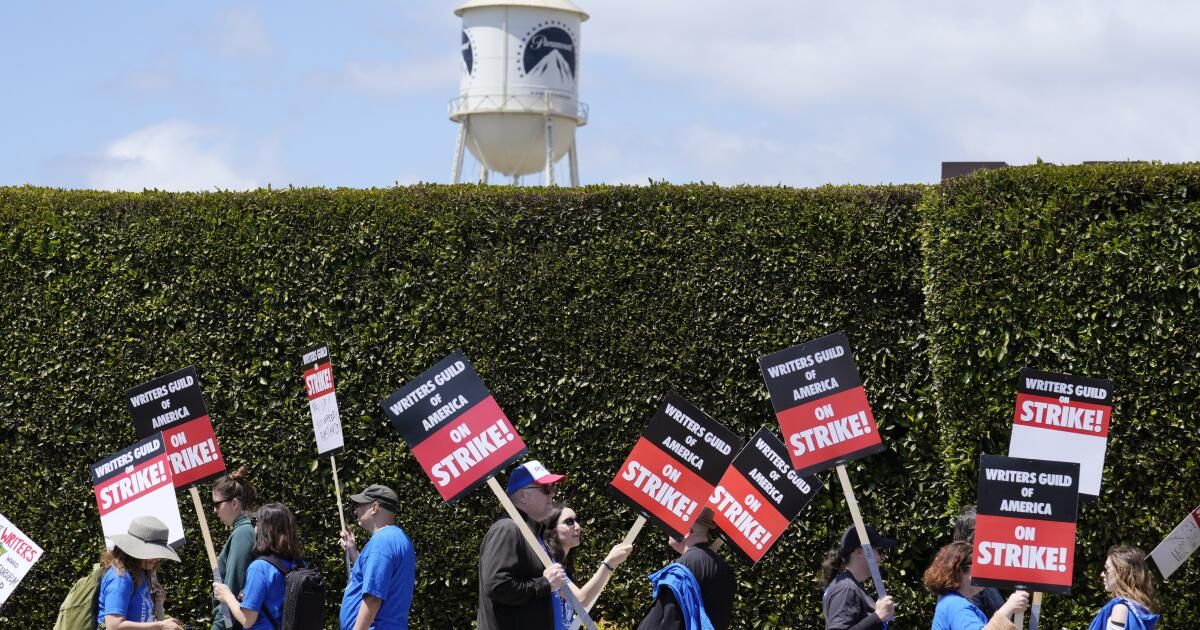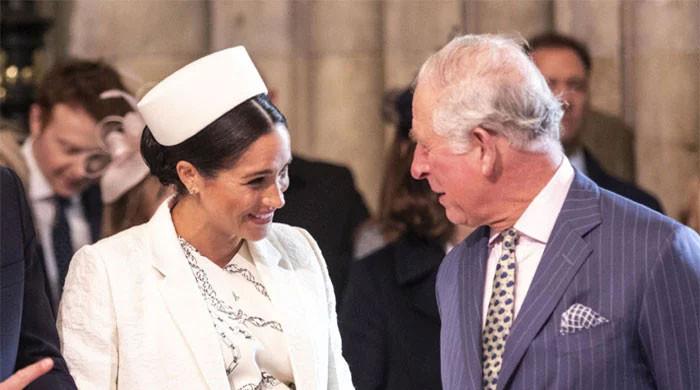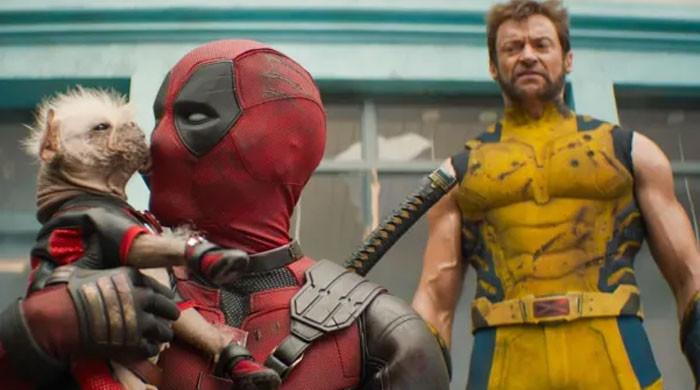A year ago, Hollywood greeted Labor Day with unions representing actors and writers on strike, while studios juggled movie release schedules and assembled prime-time programming largely devoid of original, domestically produced scripted series. Even the Emmy Awards, the traditional kickoff to the new television season, were postponed until January.
That labor dispute was later resolved, with both unions reaching an agreement before Thanksgiving. But the entertainment industry is entering what can only be seen as another fall of discontent, with talent and crews complaining of fewer opportunities everywhere. For their part, studios have implemented layoffs amid falling stock prices, plummeting valuations for their television networks and unsettling mergers that create the sense that whatever the outcome of last year’s standoff, everyone, with the benefit of hindsight, might have lost.
Despite the pain associated with their extended work stoppages, writers and actors felt they had to take a firm, principled stance against studios and streaming services, addressing a changing business model that was depriving them of fair compensation for their work.
Though the studios insisted that they themselves were in trouble as their business evolved, the guilds won the PR war (by portraying the wealthy CEOs negotiating in front of them as the bad guys), and ultimately the companies largely bowed to the writers’ and actors’ demands on key issues. Concessions included pay increases, better contributions to healthcare and pensions, viewership-based bonuses tied to streaming (about which hard data had remained elusive), and protections regarding the use of AI, or artificial intelligence, to supplant flesh-and-blood writers and actors.
“When you look at this contract, in broad terms, it’s really extraordinary,” said the SAG-AFTRA executive director. Duncan Crabtree-Ireland told the website Deadline in December after its members ratified the agreement, estimating more than $1 billion in contract profits.
However, the story since then has been mostly as grim as an Ingmar Bergman film. Actors, screenwriters and crew members have been forced to take side jobs to survive, and a series of concerned first-person accounts from the front lines of Hollywood gave rise to a series on the trade site The Wrap titled “Clinging to Hollywood.”
“It was difficult before the strike. Now it is even more difficult,” the writer writes. Corey Grant told NPR in June, characterizing the job cuts as a potentially punitive measure by the studios and “a backlash due to the strike.”
That’s certainly possible, though reading recent headlines about studios and streaming services also suggests a fundamental reason for the cuts. Those companies have spent a lot of money trying to rack up more streaming subscriptions, without offsetting the financial downsides associated with the downfall of their real-time or linear networks and theatrical releases.
Warner Bros. Discovery has laid off more than 1,000 employees (disclosure: as a CNN alumni, I was one of them) and I recently told investors that the company's networks, including TNT, CNN and Discovery Channel, are is worth $9 billion less a few years ago.
The Times described that decline as part of “an industry-wide reckoning,” with Paramount also writing down the value of its networks by billions and laying off nearly 1 in 6 employees as it negotiates to sell what remains of the company.
Even streaming services including Netflix and Amazon Prime Video have become more selective in ordering programming, partly to cut costs and partly because they have enjoyed success with series acquired at a lower cost abroad, such as the South Korean drama “Squid Game” or the British black comedy “Baby Reindeer.”
There have been some welcome rays of sunshine this summer: Disney's box office bonanza thanks to sequels “Deadpool & Wolverine” and “Inside Out 2,” which have grossed nearly $3 billion worldwide combined.
The stark reality, however, points to an industry in a painful state of flux, reflecting the digital transition that overwhelmed the newspaper industry.
What seems clear is that while fall is traditionally a season of hope and optimism, with new TV shows about to premiere and summer movies shifting to prestige releases vying for top awards, the prevailing mood in Hollywood shows little of either. And while actors and screenwriters rightly celebrated hard-won contract wins last year, the sad plot twist for 2024 is that higher salaries and better residual income don’t mean much without access to jobs that will pay those dividends in the short and long term.
Brian Lowry is a former media critic for CNN and Variety, and a former reporter and columnist for the Los Angeles Times.












